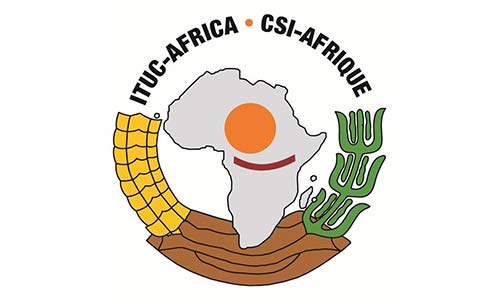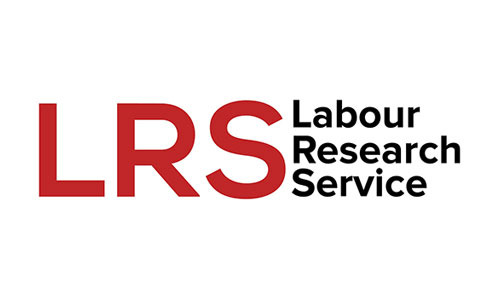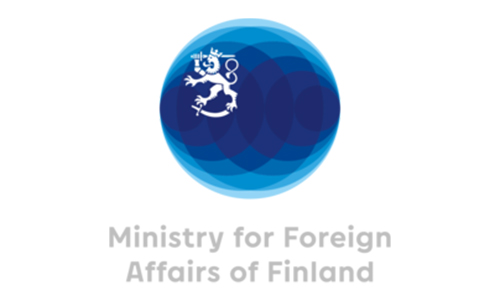The African Continental Free Trade Area (AfCFTA) can both positively and negatively impact employment and labour.
On the one hand, there are opportunities for job creation through the expansion of value chains. This can lead to increased employment through capital flows in trade and investment. AfCFTA member countries (in the AfCFTA agreement, State Parties) will also have access to larger markets for goods, services and resources.
On the downside, job losses are possible. Opening up economies means losing diversity, which can cause job losses, especially in infant industries.
In Namibia, trade unions have criticised the lack of an assessment of resilience and labour vulnerability in the broad scope of the AfCFTA negotiations undertaken by the country. Namibia’s past FDI experience points to the negative impact of free trade agreements, particularly on unskilled workers, women, the informal sector and sustainability.
The policy regimes of other nations matter in determining the extent to which Namibia can benefit from free trade. Free trade policies must be tailored to the different contexts and consider the views of all stakeholders.Corrective policy responses are needed and should happen at national and local levels.
The following suggestions on how trade unions in Namibia can respond to the implications of the AfCFTA may also help unions in other countries looking to develop strategies for engaging with the continental agreement.
Demand jobs vulnerability and resilience assessment
What can be done
Advocate for the development of National Employment Vulnerability Assessment (NEVA) and Sector Job Resilience Plans (SJRP). SJRPs to explore sectoral job creation opportunities should be the responsibility of the relevant ministries.
Demand Social and Labour Plans (SLPs) and trade union involvement in their development. SLPs describe what the country expects from corporate social investment plans of multinational companies. SLPs can also strengthen forward linkages in transition planning.
Advocate for a decent work agenda in the AfCFTA agreement
What can be done
Alliance building and solidarity are essential. By joining with others, unions can create a critical mass of voices more likely to be heard and acted upon by policymakers.
Launch a series of initiatives to gather and share policy ideas, experience and knowledge. Work with Parliament and social partners to develop realistic solutions for achieving decent work in all forms of work.
Strengthen and engage existing alliance and solidarity networks to explore the changing nature of jobs in the context of trade liberalisation. Examine the legal status of employment, social protection, participation and representation.
Engage the Regional Economic Communities (RECs) in advocating for the inclusion of institutional structures and initiatives in the AfCFTA process.
What can be done
Revitalise sub-regional cooperation to promote stronger regional integration processess, including inter-regional trade, free movement of capital, labour and goods, and harmonisation of services such as education.
The trade union movement should have a more proactive and collective voice in the ongoing and future development of the AfCFTA. Strengthen dialogue with national governments in lobbying for a labour market agenda in the SADC and SACU.
Strengthen the Southern African Trade Union Coordination Council (SATUCC) as a regional mechanism linking national trade union centres in southern Africa. This would give Namibia a stronger voice in regional trade integration matters.
Raise awareness among workers about the AfCFTA and the challenges it poses for employment and the protection of workers’ rights
What can be done
Organise comprehensive and interactive educational activities to equip trade union officials, leaders and members on matters related to trade and the AfCFTA.
Support more conventional education activities, such as workshops on specific aspects of social dialogue, for example, advocacy and gender mainstreaming.
Demand pluralism to participate actively in public policy-making in a range of tripartite forums that bring together workers, government and business to try to reach an agreement on industrial and labour policies.
Lobby for a Social Charter in the AfCFTA Common Market Protocol. The charter should include sections on decent work, labour markets, decent employment, job creation and other socio-economic issues that would actively contribute to inclusive and sustainable development in Namibia and other AfCFTA States Parties.
Develop the capacity to analyse the known and projected impacts of the AfCFTA on economic growth and job creation
What can be done
Develop a value chain capacity and skills development programme.
Have active research and training in national employment policy formulation.
Conduct national monitoring and analyses to ensure the country is meeting its commitments.
Advocate for inclusion of trade liberalisation in national poverty reduction strategies, recognising its importance for livelihoods and the gendered impacts and benefits for workers and their communities.
Undertake in-depth gender-sensitive research on the differential impact of current practices and technological change in sectors targeted for trade liberalisation.
Handling precariousness in work
What can be done
Research emerging labour issues, such as trends in precariousness in the emerging labour market. Research findings can inform union organising and bargaining strategies.
Be proactive in public policy-making on sustainable industrialisation, considering the economic, environmental and social dimensions of different forms of work to guard against increasing inequality.
Strengthen strategies for organising, collective bargaining and social dialogue in the context of free trade. Use collective bargaining as a tool for the promotion of a just transition that cuts across enterprises and sectors.
Adopt an inclusive approach to collective bargaining that considers the needs of all workers in the continuum from the formal and informal sectors to the rural areas.
Promote formal education, training, retraining and lifelong learning for workers, their families and communities.
Essential resources:
- National centres briefing on the AfCFTA agreement | First Edition
- Assessing the possible impact of the AfCFTA in Namibia and the implications for trade unions in the country
Also read:
The possible impact of the AfCFTA in Namibia and the implications for workers
LaRRI Namibia
The Labour Resource and Research Institute (LaRRI) is a research and education institute committed to the overall political and economic independence of all working people in Namibia and beyond. LaRRI fights for a fair, just social and economic Namibian society through labour research, education, and lobbying and advocacy.




